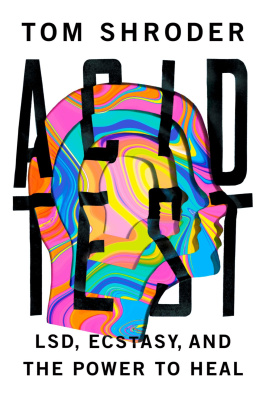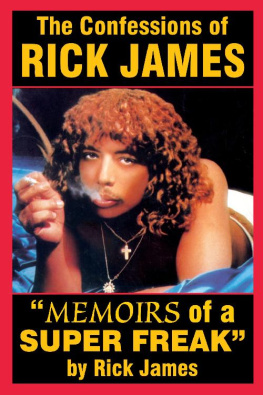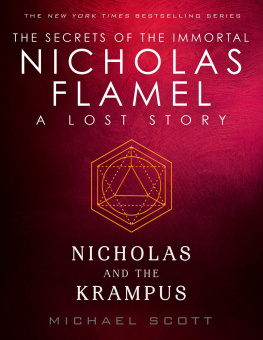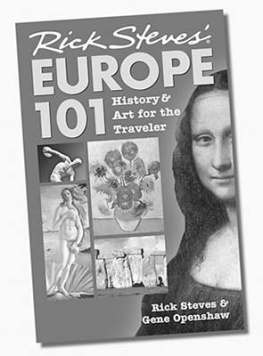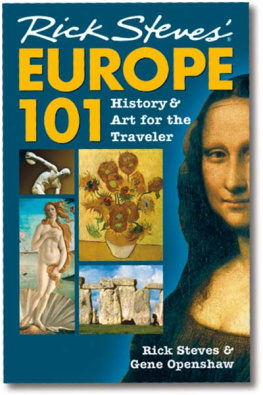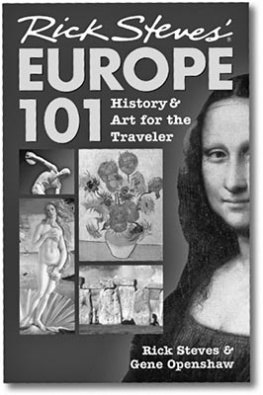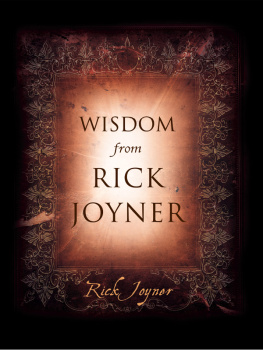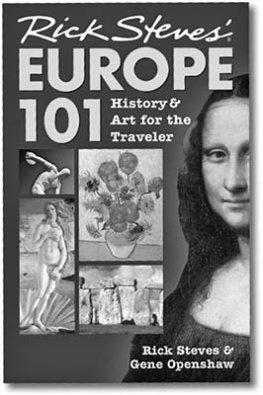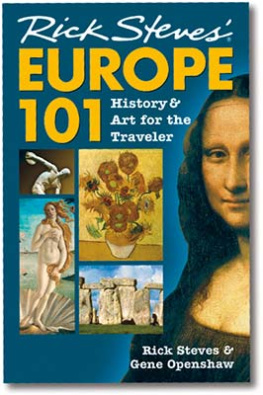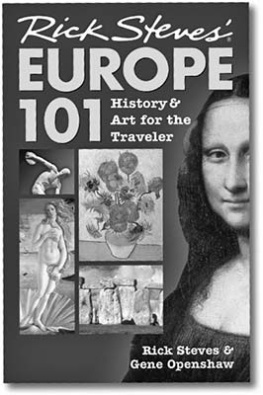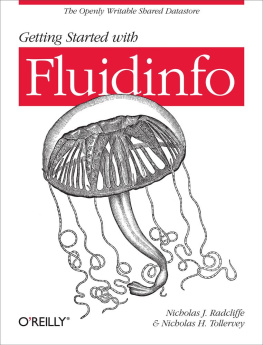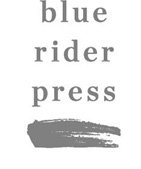Penguin supports copyright. Copyright fuels creativity, encourages diverse voices, promotes free speech, and creates a vibrant culture. Thank you for buying an authorized edition of this book and for complying with copyright laws by not reproducing, scanning, or distributing any part of it in any form without permission. You are supporting writers and allowing Penguin to continue to publish books for every reader.
Blue Rider Press is a registered trademark and its colophon is a trademark of Penguin Group (USA) LLC
copyright Nicholas Blackston.
The Guest House by Jalal al-Din Rumi. Used with permission of Coleman Barks, Maypop Books.
Shroder, Tom.
Acid test : LSD, Ecstasy, and the power to heal / Tom Shroder.
p. cm.
1. LSD (Drug)Therapeutic use. 2. Ecstasy (Drug)Therapeutic use. 3. Hallucinogenic drugsTherapeutic use. 4. Post-traumatic stress disorderTreatment. 5. Mental illnessTreatment. 6. Post-traumatic stress disorderPatientsUnited StatesBiography. 7. Mentally illUnited StatesBiography. I. Title.
This book is dedicated to all the men and women weve left behind, wounded, on lifes battlefields.
FOREWORD
I n 1975 I was a twenty-one-year-old college journalist, home on spring break in Sarasota, Florida, when I noticed a blurb in the local newspaper about a charismatic hippie with a pet wolf who was building himself a spectacular house in the woods near town. I decided to go out and see it for myself. I dont remember anything about the blurb. I doubt it mentioned anything about the influence of psychedelic drugs in this project. But I am guessing that I inferred it, because while I didnt much care about techniques of home buildingnor would my college-student readersI was extremely interested in the implications of the psychedelic experience.
Im looking at a taped-together, Xeroxed copy of the story that resulted from that visit. Still no mention of drugs, but there it is between the lines. I wrote about the philosophy of the young builder, a guy named Rick Doblin, just a year older than me. It was about trying to live authentically, guided by an inner light rather than societys preconceived ideas; consciously working to discover and create his own destiny rather than trudging along the rutted tracks set before him.
These were the kinds of notions floating around a certain subculture in those days; it was evident in the woodland home itself, with its giant, rainbow-themed, spiritually suggestive stained-glass window. Maybe we discussed psychedelics, maybe we didnt. But they were in the air.
I myself was not entirely unfamiliar. Under the influence of the psilocybin mushrooms my friends and I had learned to pluck from cow dung in the rural fields not far from campus, then boil into tea and drink, I had seen the worldand myselffrom a novel vantage point. It was like being able, for a few precious hours, to climb above your life and view it from on high, a perspective every bit as revealing as seeing a too-familiar landscape from the top of a mountain. Instead of individual cornstalks or oak trees or buildings, you saw checkerboard patterns of fields, serpentine forests following the course of a river, villages arrayed around ascending spires of churches. You saw, for once, how it all fit together.
One experience stands out in my memory, because it is something that I have carried with me, every day since, for four decades. As the drug took effect, instead of feeling the usual lift, I grew increasingly entangled by anxiety. I began to obsess about an ethical problem I was struggling with, which generalized to feelings of inadequacy in life overall and my inability to find solutions.
The more I struggled against these feelings, the weightier and more intractable they seemed. And then suddenly I had a vision: I saw myself with my arms wrapped around a boulder. I could feel its weight, almost unbearable to hold, and yet I was clinging to it. I knew that the heavy stone consisted of all my doubts and anxieties, and as I desperately clutched it to my chest, I saw in a flash that part of me chose to be anxiousas a way to avoid making choices and evade responsibility for them. To be free of that awful weight, all I had to do was open my arms, which I did. The stone simply dropped away.
Ever since, although it has rarely been easy, Ive been able to see negative emotions, on a profound level, as a choice, and the will to let them go as something I could develop, like a muscle. The more I practiced, the better I got, and I no longer needed the mushrooms to do it.
There wasnt a moment I decided to stop doing psychedelic drugs. When I left the college environment they became less available, and I gained more responsibilitiesa job, a family, a professional reputationall of which made any illegal activity, and the potential health risks, unacceptable. But I never lost my interest in those psychedelic experiences, or forgot their profundity, and the lasting good they did me.
Ten years after graduation, I had become an editor at the Miami Herald Sunday magazine, Tropic, when I noticed a story in the Tampa newspaper about a perennial college student who was promoting the party drug Ecstasy as a breakthrough in psychotherapy. I did a double take: it was Rick Doblin, the hippie with the house in the woods, the same guy I had written about a decade earlier. I assigned a Herald feature writer to do a cover story on him. We headlined it: A Timothy Leary for the 80s.
Twenty years passed. Now I was editor of TheWashington Post Magazine, and once again an article that spoke to my lingering interest in the possible positive effects of psychedelics caught my eye. This time it was in the New York Times, about Harvard initiating a study testing the use of MDMAEcstasyto treat anxiety and depression in terminal cancer patients. The man sponsoring the study: a very sophisticated-sounding Harvard Kennedy School PhD named Rick Doblinthe hippie in the woods.
I got a phone number and Rick answered. When I told him my name, he laughed. He not only remembered me and the two stories from twenty and thirty years earlier, he still had copies of them both. And just that morning, he told me, hed held up the Tim Leary cover of Tropic at a board meeting of the Multidisciplinary Association for Psychedelic Studies (MAPS), his nonprofit organization, to demonstrate how completely hed remade his image, from a rebellious hippie to the sponsor of cutting-edge scientific research in some of the nations more conservative institutions.
This time I wrote the story myself, focusing on the MAPS-sponsored research a psychiatrist named Michael Mithoefer was conducting in Charleston, South Carolina, treating with MDMA-assisted psychotherapy mostly female victims of sexual abuse. The story appeared in

